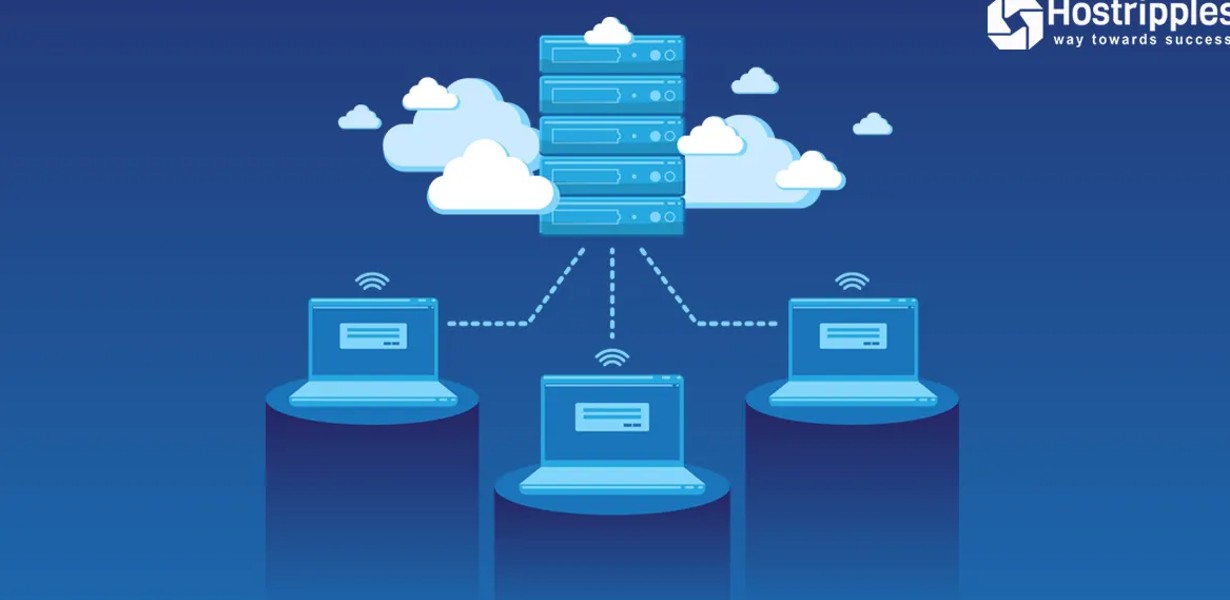
The digital era is witnessing a transformation in data management, driven by the emergence of decentralized databases in the cloud. In this insightful journey, we explore how this innovative approach to data distribution is revolutionizing the way we handle information and safeguard privacy.
The Decentralization Paradigm
Redefining Data Ownership
Decentralized databases shift the control of data from centralized authorities to the users themselves. This fundamental change empowers individuals and organizations to assert ownership and control over their data, enhancing data privacy.
Distributed Ledger Technology
Blockchain technology, the backbone of many decentralized databases, introduces transparency, immutability, and security into data storage. This makes it exceptionally suited for financial, legal, and sensitive data transactions.
Enhanced Privacy and Security
Protecting Personal Information
With decentralized databases, users can have greater confidence that their personal information remains private and secure. This is particularly crucial in an age where data breaches and privacy infringements have become all too common.
Resistance to Hacks and Breaches
Decentralized databases offer increased security by reducing the risk of a single point of failure. Hacking attempts become far more complex, and data breaches are less likely due to the distribution of data across multiple nodes.
Data Access and Interoperability
Access from Anywhere
Decentralized databases enable access to data from anywhere in the world, provided there’s an internet connection. This accessibility opens new opportunities for remote work, research, and global collaboration.
Seamless Data Exchange
Interoperability is a key advantage of decentralized databases. Data can be exchanged more easily between different systems, streamlining processes and improving the flow of information.
Challenges and Scalability
Scalability Concerns
While decentralized databases offer numerous advantages, they face scalability issues as they grow in size. Achieving consensus among a vast number of nodes can lead to slower transaction speeds.
Regulatory and Legal Challenges
The legal and regulatory landscape surrounding decentralized databases is still evolving. This presents challenges for organizations seeking to adopt this technology while ensuring compliance.
Final Words
Decentralized databases in the cloud represent a monumental shift in data management. By prioritizing data privacy and security, they offer a compelling solution to the challenges of our digital age. As this technology continues to mature, it holds the potential to redefine how we store, access, and share information.
Commonly Asked Questions
Q1: How does data ownership work in decentralized databases?
In decentralized databases, data ownership is distributed among users or nodes. Individuals or organizations have control over their own data, reducing the power of centralized authorities.
Q2: Can decentralized databases prevent all data breaches?
While decentralized databases enhance security, they can’t prevent all data breaches. Security measures must still be in place, but they reduce the likelihood of centralized breaches.
Q3: Are decentralized databases compatible with existing systems?
Decentralized databases prioritize interoperability, making it possible to integrate them with existing systems and databases, fostering a smoother transition.
Q4: What is the role of blockchain in decentralized databases?
Blockchain technology ensures data integrity, immutability, and transparency in decentralized databases, making it a secure foundation for data storage.
Q5: How can organizations navigate legal challenges in adopting decentralized databases?
Organizations should work closely with legal experts and stay informed about evolving regulations to ensure they remain compliant while adopting decentralized database solutions.
Advertisement







